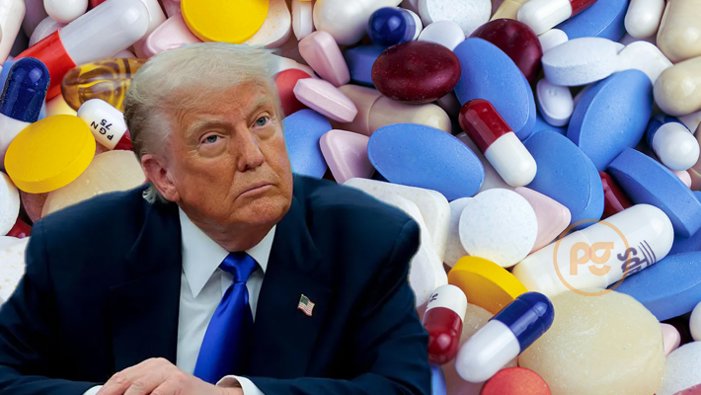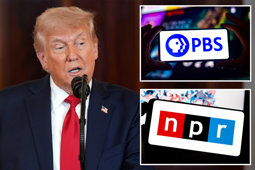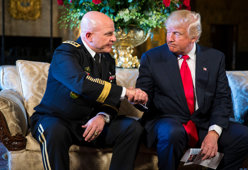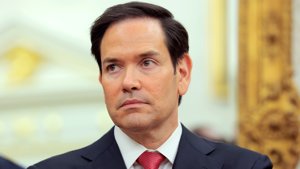
Trump Orders Drug Price Cuts, Public Reacts
Americans support lower drug prices under Trump’s order but are divided on government price controls.
Trump Links U.S. Drug Costs to Global Minimums
President Donald Trump issued an executive order on Monday requiring pharmaceutical companies to lower prescription drug prices to match the lowest rates paid in other developed nations. Announced from the White House, the directive promises immediate savings, with some prices dropping by 50% to 90%.
“Whatever the lowest price paid for a drug in other developed countries, that is the price that Americans will pay,” Trump said. “We will no longer tolerate profiteering and price-gouging from Big Pharma.”
Trump stated the initiative would end the practice of American consumers subsidizing healthcare systems abroad. He emphasized that the U.S., while representing only 4% of the global population, accounts for more than two-thirds of pharmaceutical company profits.
Public Reaction Highlights Policy Tensions
Fox News Digital gathered reactions from people across Houston, Detroit, and Knoxville. While many praised the intent to lower drug costs, opinions diverged on the government’s role in regulating prices.
“Lowered drug costs will help the elderly and folks that are challenged with certain incomes,” said John from Houston. Krishna from Detroit echoed the sentiment, noting friends who travel abroad for affordable medication.
However, not all respondents were comfortable with regulatory intervention. “When the government gets too involved in markets, they tend to make things worse,” said Alec from Detroit. “In some cases, minimal involvement is needed, but it should be limited.”
Karisa from Knoxville added, “Not too much, maybe some basic controls just so things don’t get out of whack.”
Others supported a stronger federal role. Wyatt from Detroit stated, “If corporations are gouging the public, then the government should step in.” Olanwonzer from Houston was more blunt: “The government ought to get up off its hiney and do something about everything.”
Krishna emphasized that market freedom often hurts consumers. “The number one goal of a company is to extract as much wealth as possible. Regulating that benefits both companies and consumers.”
The order warns that if drug companies fail to comply, the Secretary of Health and Human Services will implement “most-favored-nation pricing” and take aggressive measures to end anticompetitive practices.
As the administration targets pharmaceutical profits and consumer affordability, the broader debate over market regulation versus free enterprise continues to divide public opinion.






